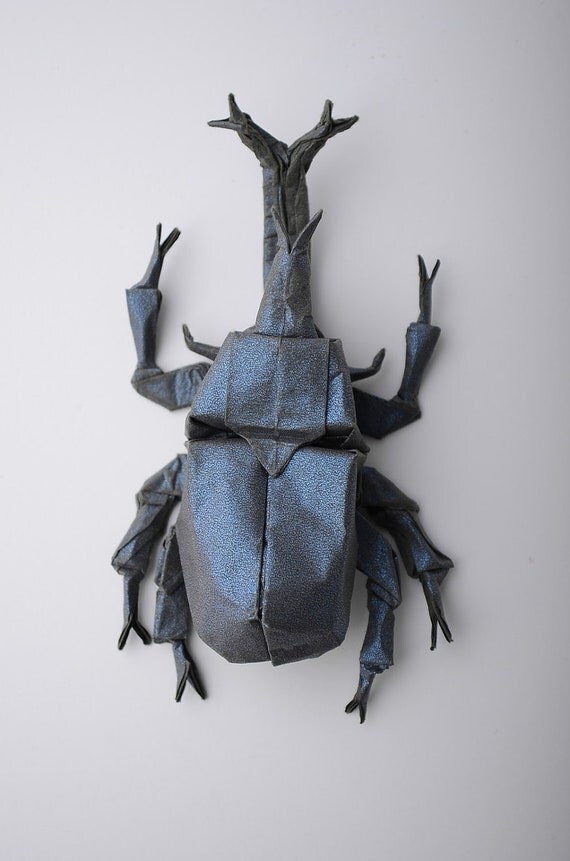Throughout Ruth Ozeki’s book, A Tale for the Time Being, one of the reacurring themes can be seen in the form of communication. Their are so many ways in which the characters communicate with each other an oddly enough with their individual selves. We see basic everyday communication used such as e-mail and texting to letters and of course Nao’s diary. The latter is one of the most interesting because it allows for communication to occur throughout time. The way in which Nao wrote her diary allows her to communicate with the reader without time really mattering. It has locked the sixteen year old girl in a place in time and provided a root of communication for the reader of the diary Ruth.
However, on that note during the last portion of the book I was intrigued by the scenes invlolving Ruth’s dreams. I feel like these dreams culminating with her last dream where she meets Haruki number two and warns him that Nao needs him and to not go through with his planned suicide but to go find her (352). This dream correlates with what Nao described in her diary of how her father catches up with her while at a bus stop waiting to board a bus to Jiko’s death bed. Though it has an appearance of a supernatural mystery taking place between two differnet places in time, what intrigued me was the concept of the dream Ruth had as being a form of providing answers for herself. It may be as far fetched as the literal notion in the book of this supernatural anomaly accuring but when I think about what a dream can offer a person who is experiences some type of mental crisis, which could be seen in Ruth’s obsessive relationship with Nao and her diary, or her years of writers block, a dream can offer clarity and a way for the mind to sort itself out in an unconscious sort of way. I myself have gone to bed dwelling on an issue or trying to find an answer to something and have woken up with clarity on the issue. So when I was reading about this particular dream of Ruths I thought that possibly the dream Ruth had experienced could be a way for Ruths unconscious self communicating with her conscious self.
It kind of weird to think about but the whole business of pages just disappearing out of Nao’s diary and all the other supernatural connections, seems to do more with Ruth’s creative way of trying to unravel the secrets of the diary.



